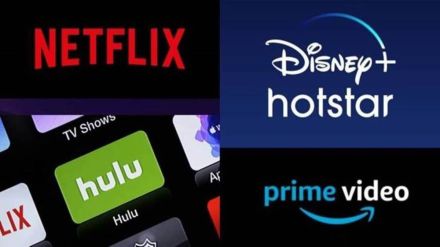The Cellular Operators Association of India (COAI), which represents major telecom operators, on Wednesday said their proposal to seek fair charges from over-the-top (OTT) apps for using their network is not a violation of net neutrality. In fact, all of the concerns being raised – such as favouring one website/application/service, pricing differentiation, decision on charging fair share on a case-to-case basis, etc. – are imagined and speculative scenarios, it said in a statement.
The statement from COAI comes days after 129 startup founders urged the Telecom Regulatory Authority of India (Trai) not to accept any demand by telcos to charge network fees from over-the-top (OTT) operators. They also opposed any sort of revenue sharing mechanism between OTTs and telecom operators, saying such a move would affect principles of net neutrality outlined by the government in 2016.
“COAI would like to state that it is concerning to see such misleading and speculative views being promoted by certain quarters, with an intention to misguide and confuse the people regarding the idea of the proposed ‘fair-share’ charge to be paid by large traffic generating (LTG) OTT players to the telecom service providers,” said SP Kochhar, director general of COAI.
“The Indian telcos are bound by their license conditions to ensure net neutrality and will continue to do so. COAI affirms that the proposed fair share charge does not affect access to an open and free Internet,” Kochhar added.
In case of a fair usage charge mechanism coming in, the content and services for consumers would remain fully accessible with no traffic management/differentiation, COAI said. The price for the traffic paid by end users will not change depending on whether the traffic generator is subject to fair share payments or not.
Telcos’ stance on fair share charge represents a just compensation mechanism intended to be paid by the largest traffic generators (LTGs) to them. The same they say is necessary to ensure sustainability of telecom networks and create a harmonious and just framework that secures the industry’s well-being over the long term.
